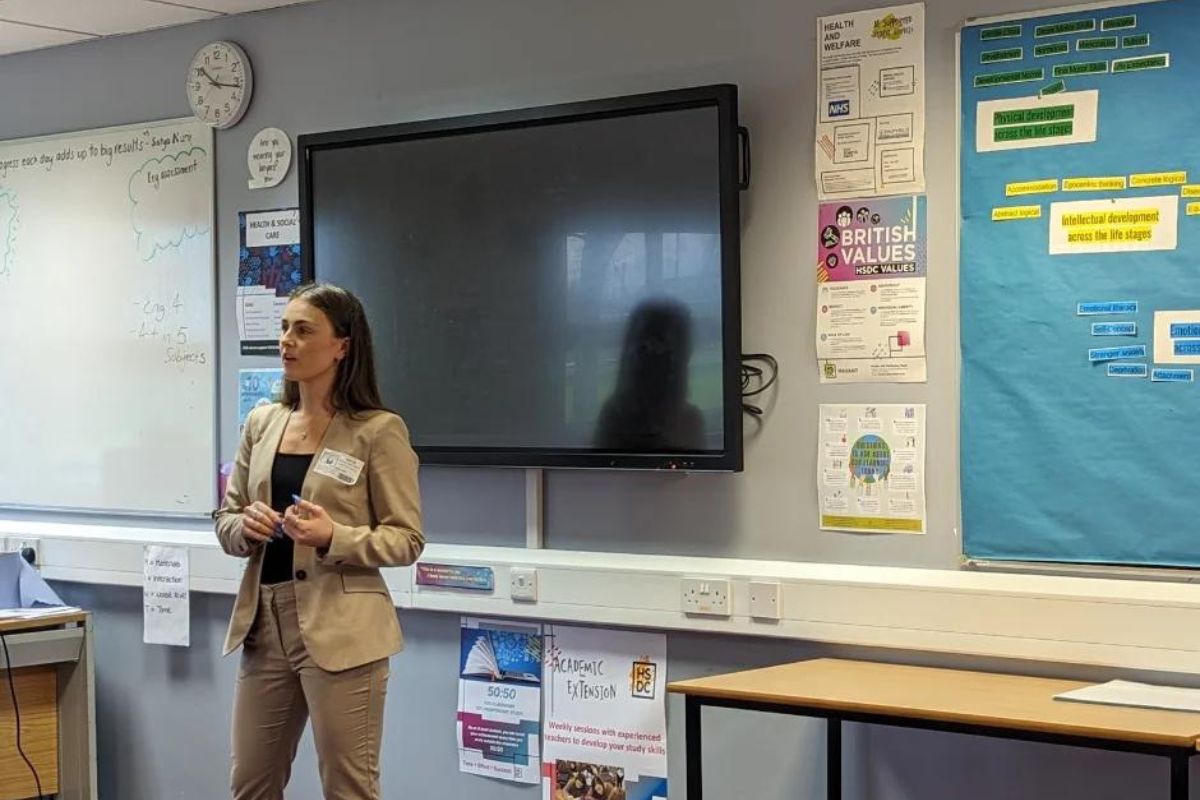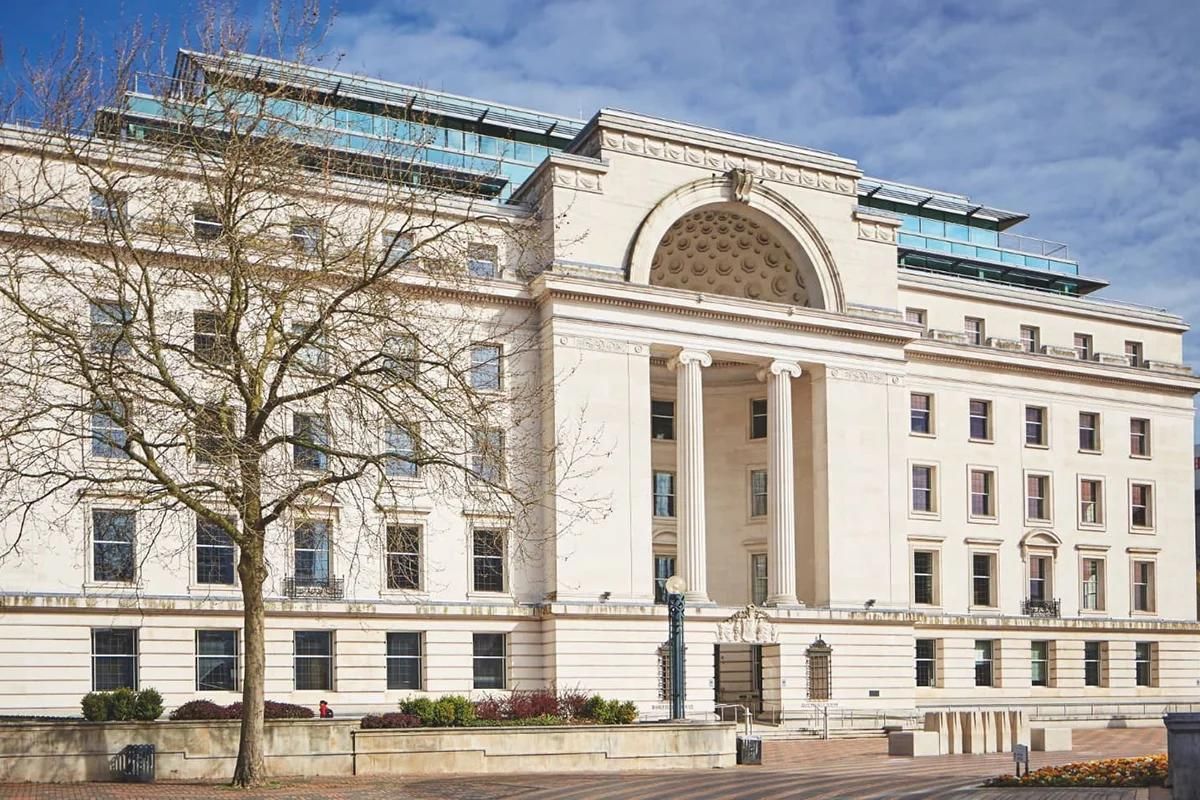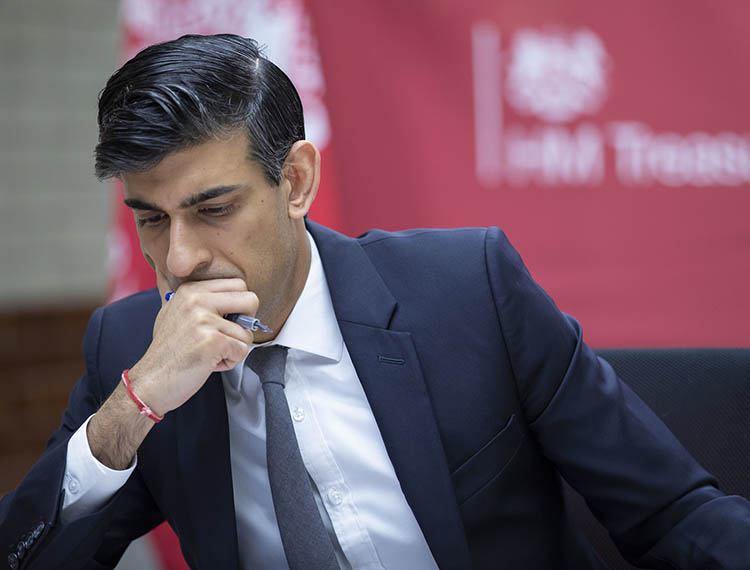Visa changes could help realise research superpower ambitions

Tackling immigration bureaucracy and visa costs could allow the UK to attract and retain the best research talent from around the world, cementing the country’s position – highlighted again in the recent Research Excellence Framework results – as a global science and innovation superpower.
Universities UK (UUK) has lodged a report with the Home Office, highlighting how visa fees of more than £15,000 for a researcher and their family to come to the UK is just one of the problems academics and researchers face when trying to progress their careers in the UK.
The government’s own research suggests the UK must attract an additional 150,000 researchers and technicians if it is to have the workforce needed to manage the government’s ambitious target to increase investment in research and development to 2.4% of GDP by 2027.
With international talent vital in meeting this target, UUK highlights significant feedback from universities and their international staff that the most expensive visa arrangements in the world could hamper UK universities from unlocking their significant potential to support the government’s targets. Its analysis comes just weeks after the Home Office announced further visa fee increases, further adding to years of cumulative crises.
While warmly welcoming some recent immigration reforms such as the Global Talent visa, international graduate route improvements and a refreshed GREAT campaign to attract overseas talent, the UUK report argues that further policy changes must be made if the UK is to meet the government’s ambitions.
Issues universities are raising with the Home Office include:
- The total cost for an individual applying for a five-year visa through the Skilled Worker Route, bringing a partner and two children, amounts to a staggering £15,880. This is particularly prohibitive for mid-career researchers who may choose to take their families, and expertise, elsewhere.
- The immigration health surcharge (IHS) of £624 per year – and per person for dependents – is challenging for early-career researchers, with cases of researchers requesting shorter contracts to reduce the up-front cost of coming to the UK.
- A lack of recognition of the diversity of families, with a ‘sole responsibility’ test that prevents a dependent child coming to the UK with a single parent other than in very limited circumstances.
- A mismatch in requirements for Global Talent visas and other types of visa can leave some researchers able to apply for Indefinite Leave to Remain (ILR) after three years, while their dependents are not eligible to apply until after five years.
- Researchers can also find it difficult to transfer between institutions, with requirements for reapplication for visas, incurring more fees and bureaucracy.
To overcome these obstacles and to support and encourage talented researchers to come and to stay working in the UK, Universities UK is asking the Home Office to take a range of steps including:
- Undertake a benchmarking exercise to review visa application costs to ensure we are at least in line with our international competitors, if not more competitive.
- Enable applicants to pay health surcharges staggered over the lifetime of their visa, rather than requiring the total upfront.
- Review dependency visa costs to reduce the upfront financial burden for researchers with large families.
- Review and reform of the ‘sole responsibility’ test to be more inclusive to diverse family structures.
- Enable family members on dependent visas to apply for ILR after three years, in line with those on the Global Talent visa
- Enable visa application costs to be transferred when updating an applicant’s visa to a new institution.
The findings of the Research Excellence Framework (REF) published last week, demonstrate a high level of world-leading research in the UK. A research environment that is dynamic, inclusive and financially sustainable will be key to attracting and retaining the talented researchers who have helped to achieve that.
Vivienne Stern MBE, Director of Universities UK International, said:
“The Government has taken some welcome steps recently to make the UK more attractive to international research talent. We think they can go even further, and that doing so will contribute to making the UK one of the most exciting places in the world to pursue a research career.
Simple steps to ease the financial and bureaucratic burden for applicants could make a massive difference to individual decision making, and help make the UK a magnet for talent.”












Responses